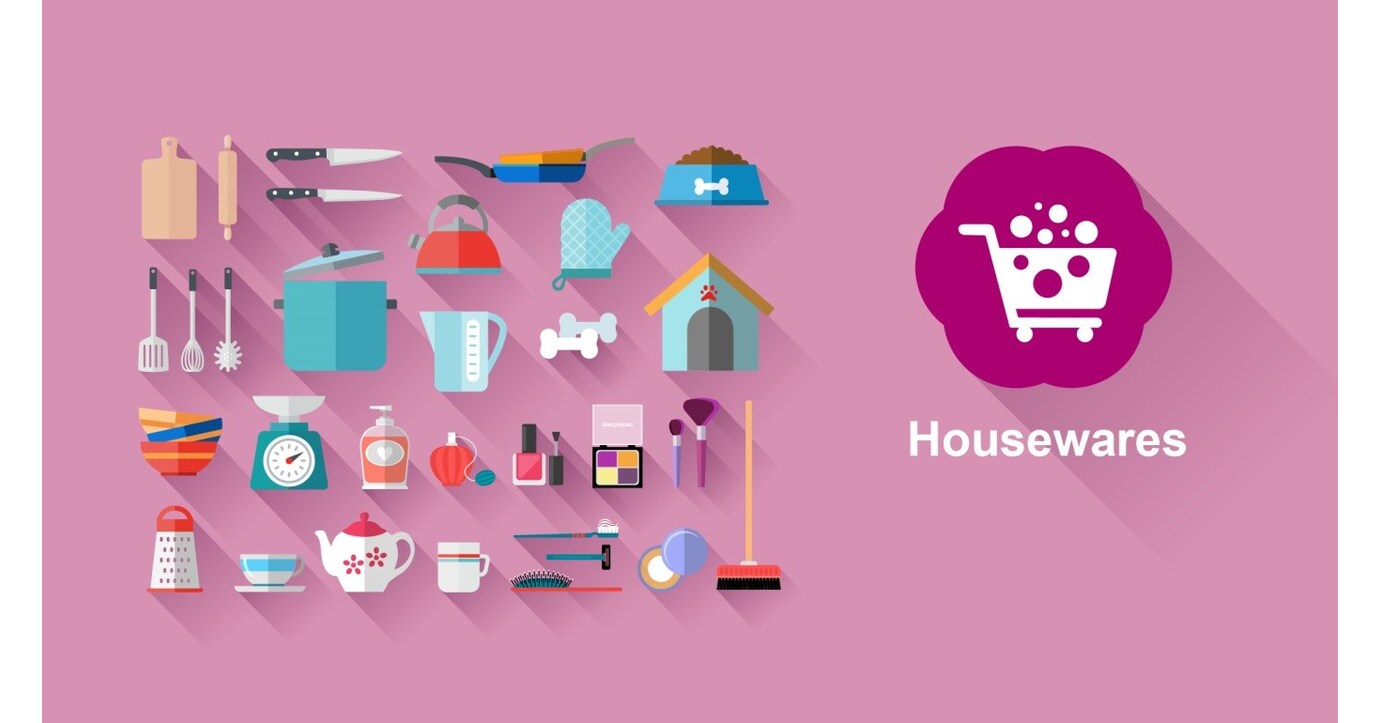



The 136th Canton Fair, currently taking place in Guangzhou, China, has become a focal point for product innovation aimed at supporting a greener economy. With 10,040 participating companies, the fair showcases over 300,000 green and low-carbon products. Noteworthy exhibitors include Guangdong Master Group Co., Ltd., which introduced the world's first green stainless-steel cookware certified with TÜV Rheinland's Green Product Mark. Additionally, Shanghai Solid Stainless Steel Products Co., Ltd. is emphasizing reduced plastic use with its non-plastic product offerings. Guangdong Huayi Plumbing Fittings Industry Co., Ltd. is presenting an AI-powered micro-bubble faucet designed to promote ecological sustainability, while Dalian Talent Group displays its shea wax series that utilizes negative carbon technology [4010effa].
Amid these innovative showcases, the fair is also grappling with a decline in participation from US and EU buyers. Preregistration data revealed approximately 130,000 overseas buyers, reflecting an 18.1% decrease from previous sessions. Exporters like Joan Liang from Guangdong Roule Electronics reported noticing fewer buyers and a weaker willingness to purchase, raising alarms about the fair's role as a barometer for foreign trade [2f79a372].
Despite these challenges, the fair remains a vital platform for international trade, having attracted a record 246,000 international visitors during its spring session, with 20% coming from Europe and North America. The dynamics of trade are shifting, as exports to Saudi Arabia have shown robust growth at a 19.7% compound annual growth rate (CAGR) from 2018 to 2023, while exports to the EU and US have lagged, growing only 4.2% and 0.9%, respectively [2f79a372].
As the fair progresses, Chinese exporters are increasingly focusing on emerging markets, despite facing lower profit margins and heightened payment risks. This strategic pivot comes as geopolitical conflicts have reportedly affected attendance from certain regions, including the Middle East [2f79a372].
In the context of these developments, the fair's significance as a platform for Chinese exporters is being tested. The first half of 2024 had already shown exports contributing 13.9% to China's GDP growth, with a 4.6% year-on-year increase in exports noted earlier in the year [f211d5b4]. However, the ongoing geopolitical tensions and tariffs imposed by the US and EU complicate market strategies for Chinese manufacturers [1fa0d3a1].
As the Canton Fair unfolds, it will be essential to monitor how these trends impact Chinese exporters' ability to adapt and thrive in a rapidly changing global trade environment, especially as the focus on sustainability and green innovation gains momentum [f211d5b4].